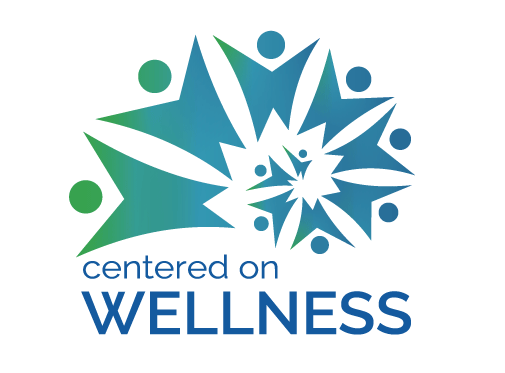The GI tract is called the “second brain” and that is because our gut makes all the same neurotransmitters that our brain does. The connection between the two is called the healthy gut brain axis. The brain and gut have a direct connection by way of the Vegas Nerve which provides two-way communication as your gut and brain give each other direction. Foundational to good G.I. health is a balanced diverse gut microbiome or those unique collection of bacteria and viruses that call you home. We have more bacteria and viruses on and in us than there are stars in the Milky Way! This bacterial viral brew needs to be nurtured for balance and health. It is responsible for your immune system, neurotransmitters or brain activating messengers and vitamin production. A dysfunctional gut is connected to our attitude and mental function and are reflected in depression, anxiety, and mental fog. Gut issues have been linked to neurologic issues like multiple sclerosis and even Alzheimer’s.
To improve our memories, we should focus on activities that help our GI tract function at its best. Some simple steps include:
- Hydration- Make sure you stay well hydrated which will help keep things moving. Normal bowl function means that at least daily you should be moving out what went in over the past 24 hours. A healthy bacterial viral brew needs to be well hydrated and regularly flushed. Constipation is defined as pooping less than one time a day and diarrhea are troubling signs of an unhealthy BVB. Chronic dehydration is common in modern America as evidence by rampant constipation and kidney disease. Dehydration occurs because we lose 64 oz of water just by breathing. Breathing less is not an option, so drink more water!
- Exercise- Exercise keeps all things moving including our G.I. track and stimulates production of bran chemicals that help your body to stay healthy and more connected. Exercise has been shown to be as effective as antidepressants. Exercise stimulates the brain which helps in learning. Exercise also plays a key role in getting a good night’s sleep. Interval training with intermittent elevations of your heart rate go a long way to better memory. In our increasingly sedentary world people are mentally tired, but physically wired and lay awake at night with racing thoughts. A brisk walk after dinner before you go to bed will go a long way to help your body achieve the balance it craves and help you achieve refreshing, energizing sleep that you require. In his groundbreaking book SPARK, Ratey writes that exercise improves learning on three levels: “First, it optimizes your mind-set to improve alertness, attention, and motivation; second, it prepares and encourages nerve cells to bind to one another, which is the cellular basis for logging in new information; and third, it spurs the development of new nerve cells from stem cells in the hippocampus.” Exercise also helps your GI tract balance and function.
- Diet and Supplements- Eating more veggie-based meals and reducing or avoiding meat products reduces those associated pro inflammatory fats. Inflammation is a root cause of all disease. Wiser/smarter dietary choices and supplementation are essential to reducing inflammation in our gut. Some key supplements are:
- Magnesium especially in the magnesium threonate It appears to be the most bioavailable of the many forms of magnesium and help your body manage stress.
- Omega-3 fatty acids found in fish oil capsules helps your brain fight stress as they dampen the pro inflammatory cell messengers (cytokines). The less your brain inflammation, the better your memory.
- A bioavailable form of a B complex is also essential to brain health and function. Look for methyl B12 and methylB9 folate. Avoid cyanocobalamin and folic acid as these are not as easily used by your body.
- Optimizing your Vitamin D to above 50 ng/ml is essential to a non-stressed vibrant mental state.
- Adaptogens such as Ashwagandha, Rhodiola and Ginseng are herbal option which support a healthy adrenal axis and stress response which improves memory and function.
You are what you eat, and what you eat feeds and determines the balance of your gut microbiome. Probiotics, Prebiotics and Digestive enzymes can help you properly digest food and allow you to extract much needed nutrients from your meals. Remember that many common medications will deplete your key nutrients so you may need to specifically supplement alongside your regular meal program. With all supplementation I suggest having a comprehensive nutritional testing completed to determine what your levels are. This ensure that what you are taking and at what quantities are specifically tailored to fit your needs. We are all unique and our supplemental dosages should be unique as well. At Centered on Wellness, we provide nutritional testing that is covered by most major medical insurances and is covered by Medicare.
Remember that a happy gut equals a sharp mind.

